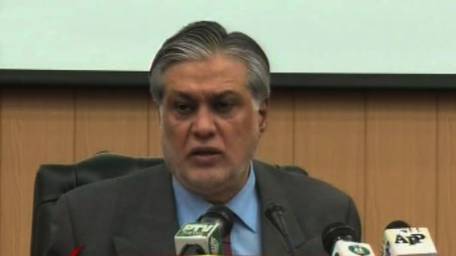ISLAMABAD ( BMZ REPORT )
The Economic Coordination Committee (ECC) of the Cabinet on Friday approved the Telecommunications Policy 2015 aimed at availability of universal, affordable and quality telecommunication services.
These services would be provided through open, competitive and well-managed markets that can be used by people to the benefit of the economy and society.
The ECC, under the chairmanship of Finance Minister Ishaq Dar, approved the Telecommunications Policy 2015 under the provision of Section 8 of Pakistan Telecommunication (Re-organisation) Act, 1996 (Amended 2006).
The ECC had earlier considered the policy draft on August 12, and directed the Ministry of IT to further review the draft in light of suggestions made during the meeting. The Finance minister in his remarks appreciated the efforts of the IT ministry for carrying out wide-ranging consultations and developing consensus on the policy.
He expressed hope that the policy would boost the telecommunications and would act as a catalyst towards achieving knowledge-based society with digital inclusion of all segments of the society. The Ministry of IT carried out necessary consultations and draft policy was modified accordingly.
The telecommunication sector was der.egulated in 2003, through the introduction of Deregulation Policy (2003), whereby the licensing regime for fixed telecommunication was established and market was opened for private sector to deploy network facilities and services. Subsequently, in 2004, Mobile Cellular and Broadband Policies were introduced. These policies were subject to review after five years of issuance, which could not be done during the term of the previous government.
Due to emerging trends in telecommunication sector, changes in market character and its structure, the review and integration of policies was imperative. Therefore, the elected government, after taking office in June 2013, took up this task on highest priority basis.
The Telecommunications Policy 2015 is an outcome of extensive consultations and conformations with international practices. Foremost importance has been given to the views of stakeholders to ensure the element of inclusiveness in the policy.
The policy includes various new elements like competition framework, spectrum strategy, spectrum sharing, satellite communication, over the top (OTT) services, convergence etc., which were not present in earlier policies.
It is expected that the competition framework would make the telecom market more efficient in terms of quality of service and choice of services available to the consumers.
Major element of the new policy relates to provision of a wholesome treatment for frequency spectrum management in the country. The provisions like spectrums strategy, reframing, market mechanisms for more efficient use of spectrum coupled with provisions on infrastructure sharing would facilitate governing this scarce resource in a more efficient and market-oriented manner, which would ultimately benefit the users and spur further investments in the country.
This policy also appreciates the phenomena of convergence related to delivery of diverse services belonging to the domains of telecom, media and data services. Roadmap for achieving convergence on both market and regulatory sides has been provided. Satellite communications and provision of bandwidth and retail broadband and telecom through this medium have for the first time been addressed to structure and further grow the segment. Proper business flow under set parameters would provide more clarity to satellite telecom based businesses while ensuring appropriate compliances.
Enhanced and more innovative roles of Universal Service and Research and Development Funds are envisioned which are aimed at ubiquitous development of infrastructure and services across the country and promotion of demand driven and high impact research and innovation development activities in Pakistan.

